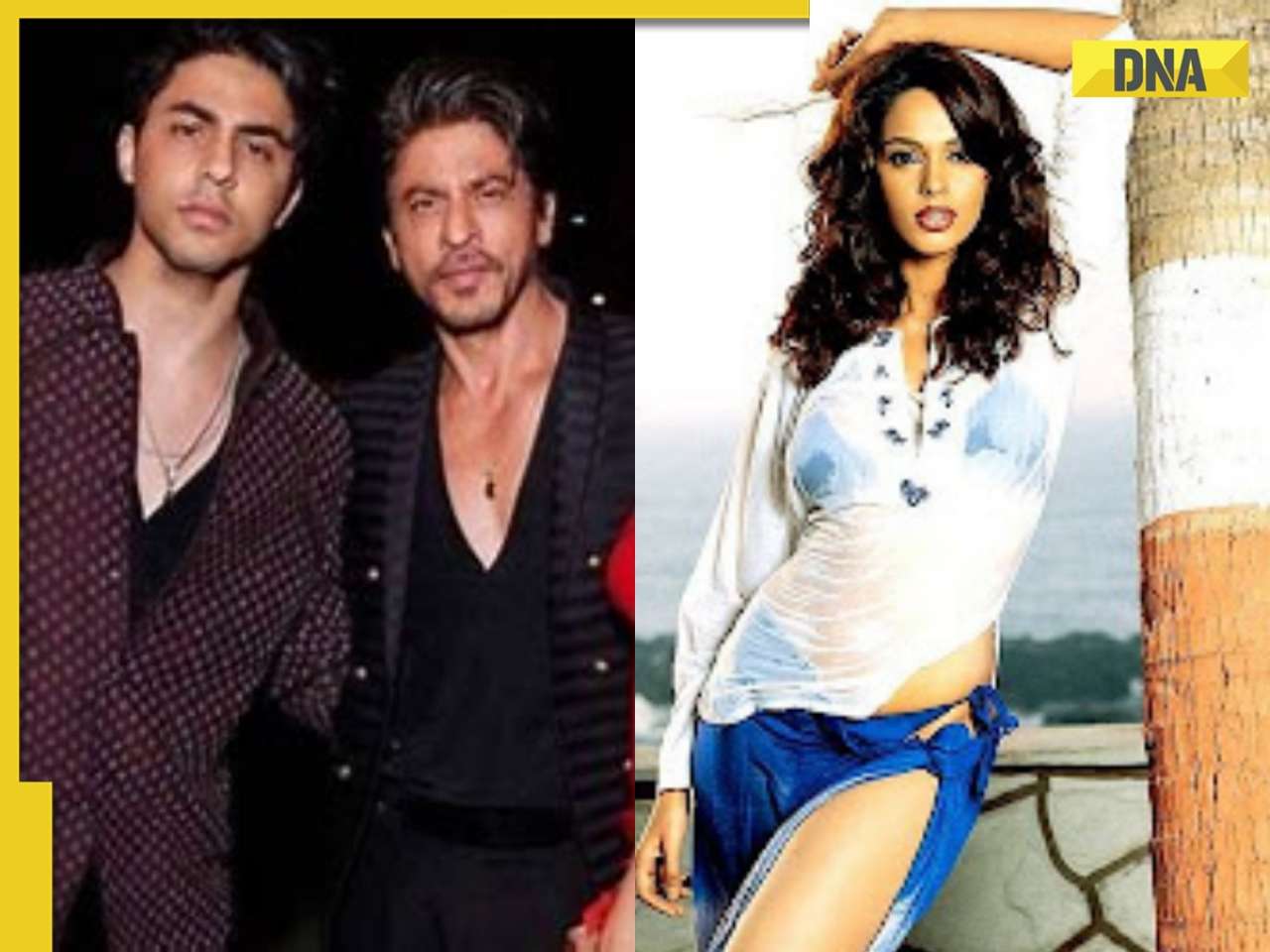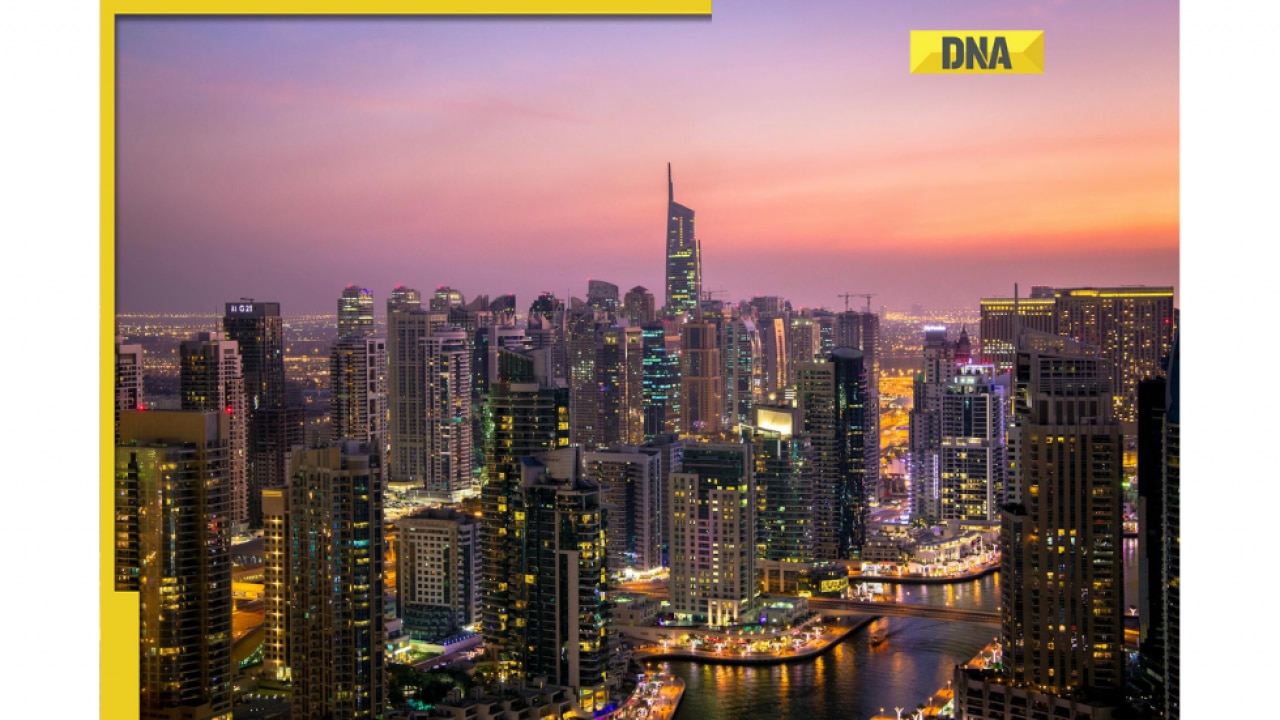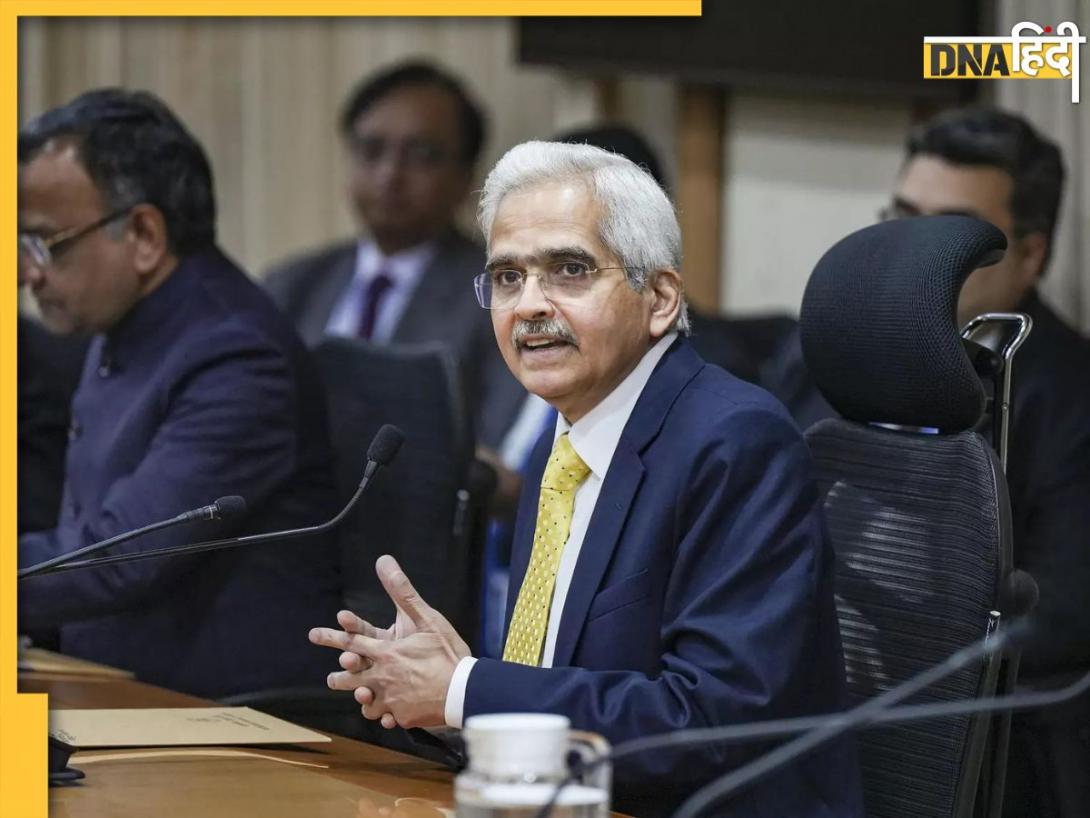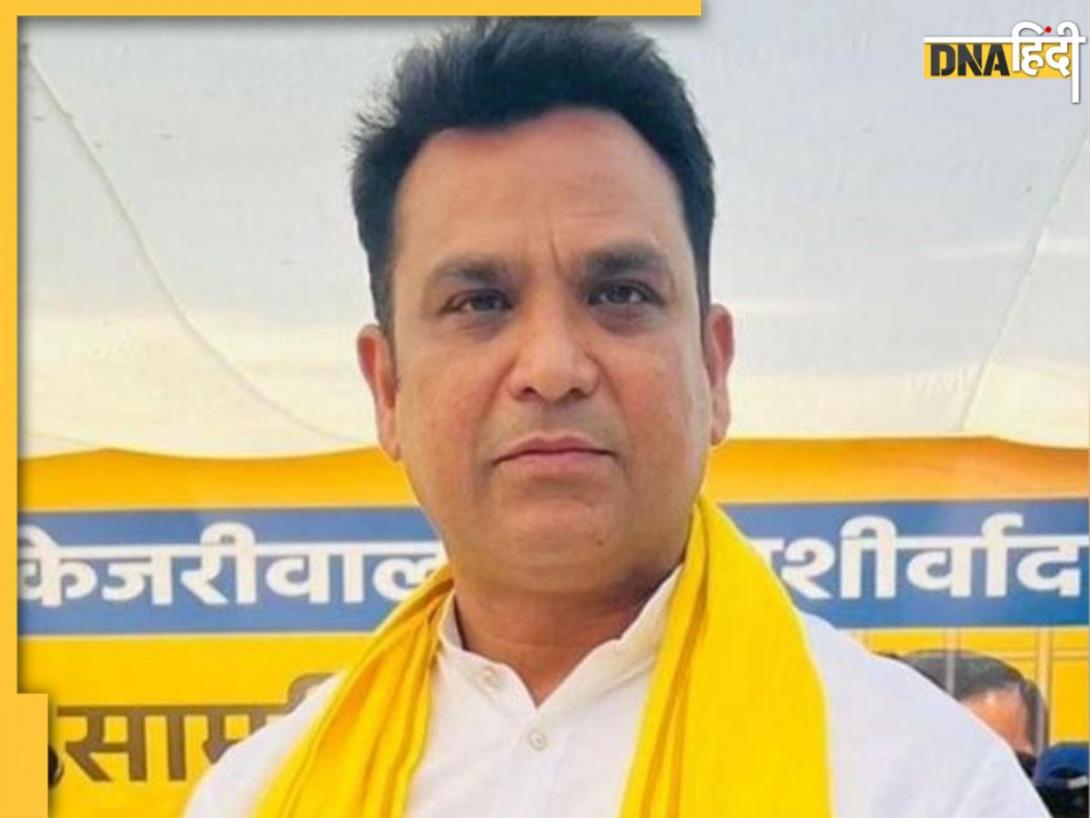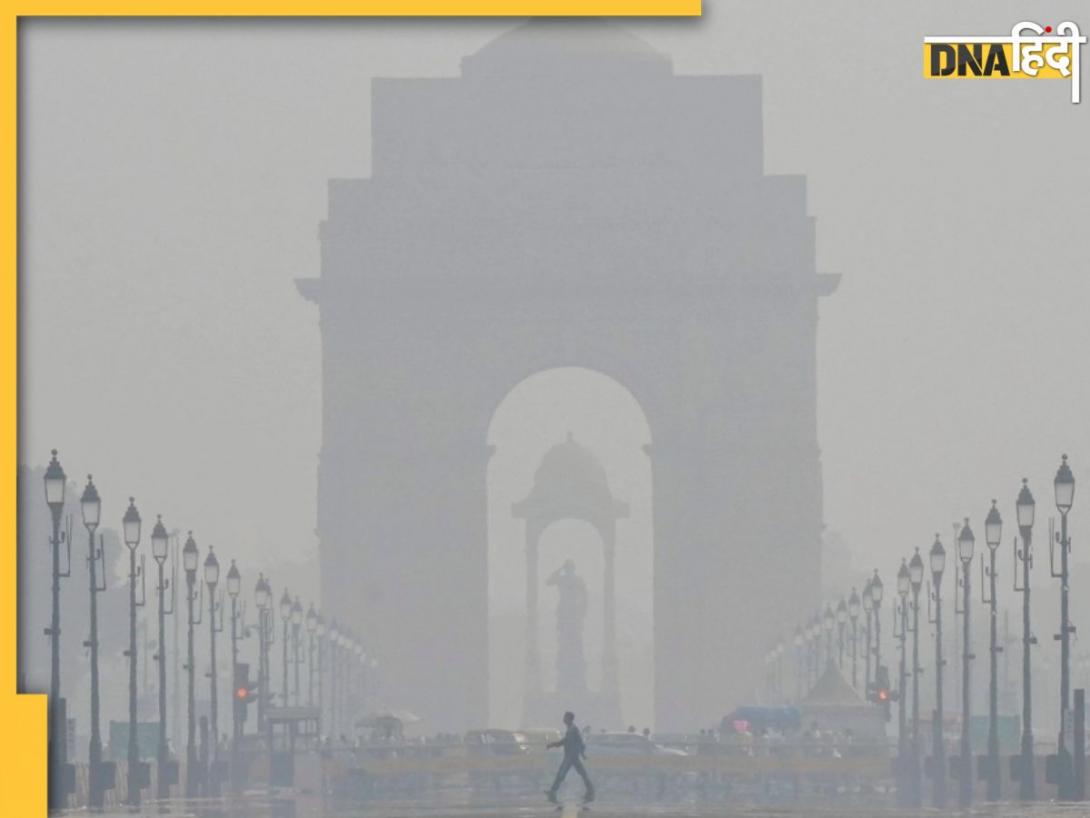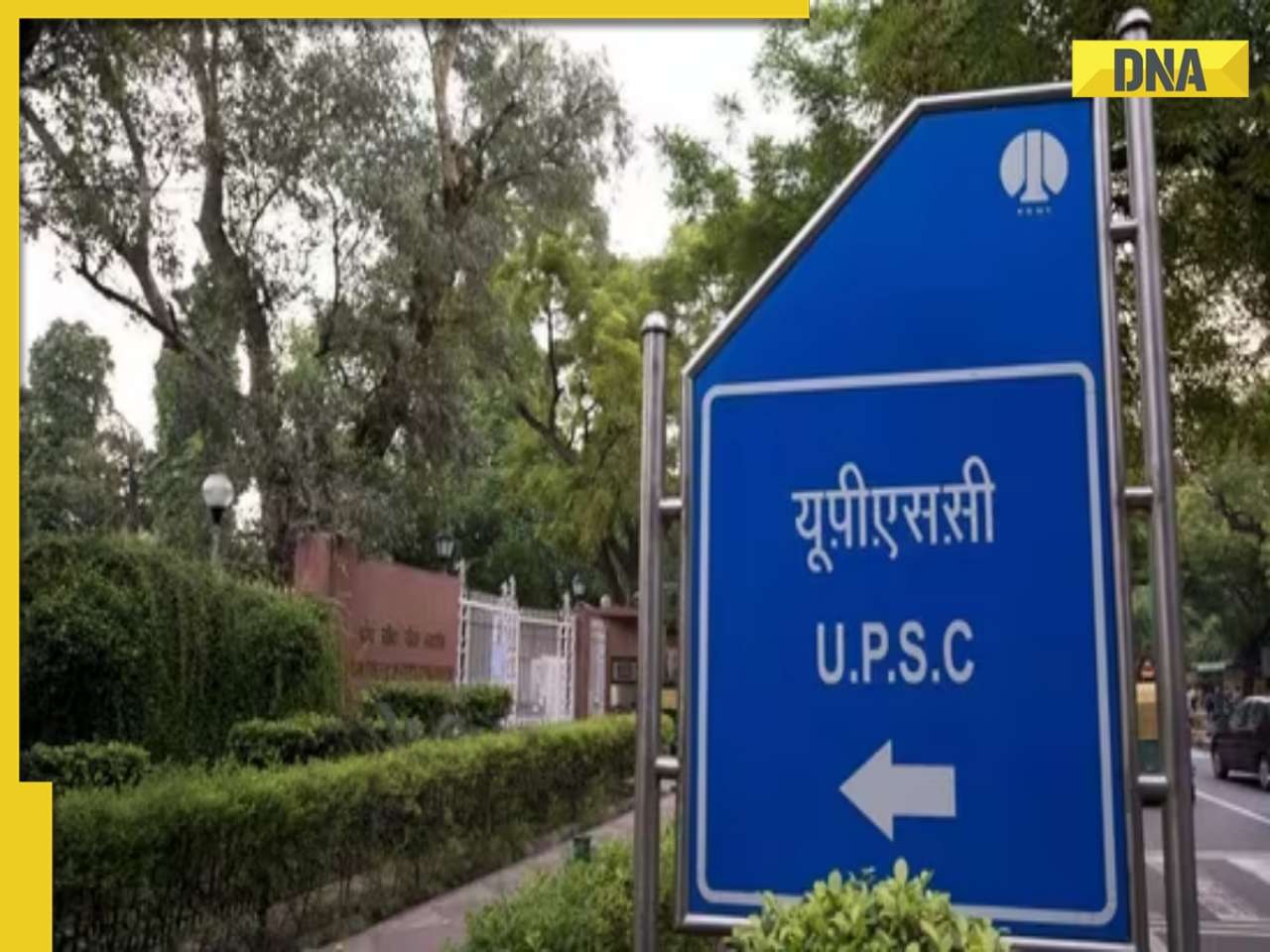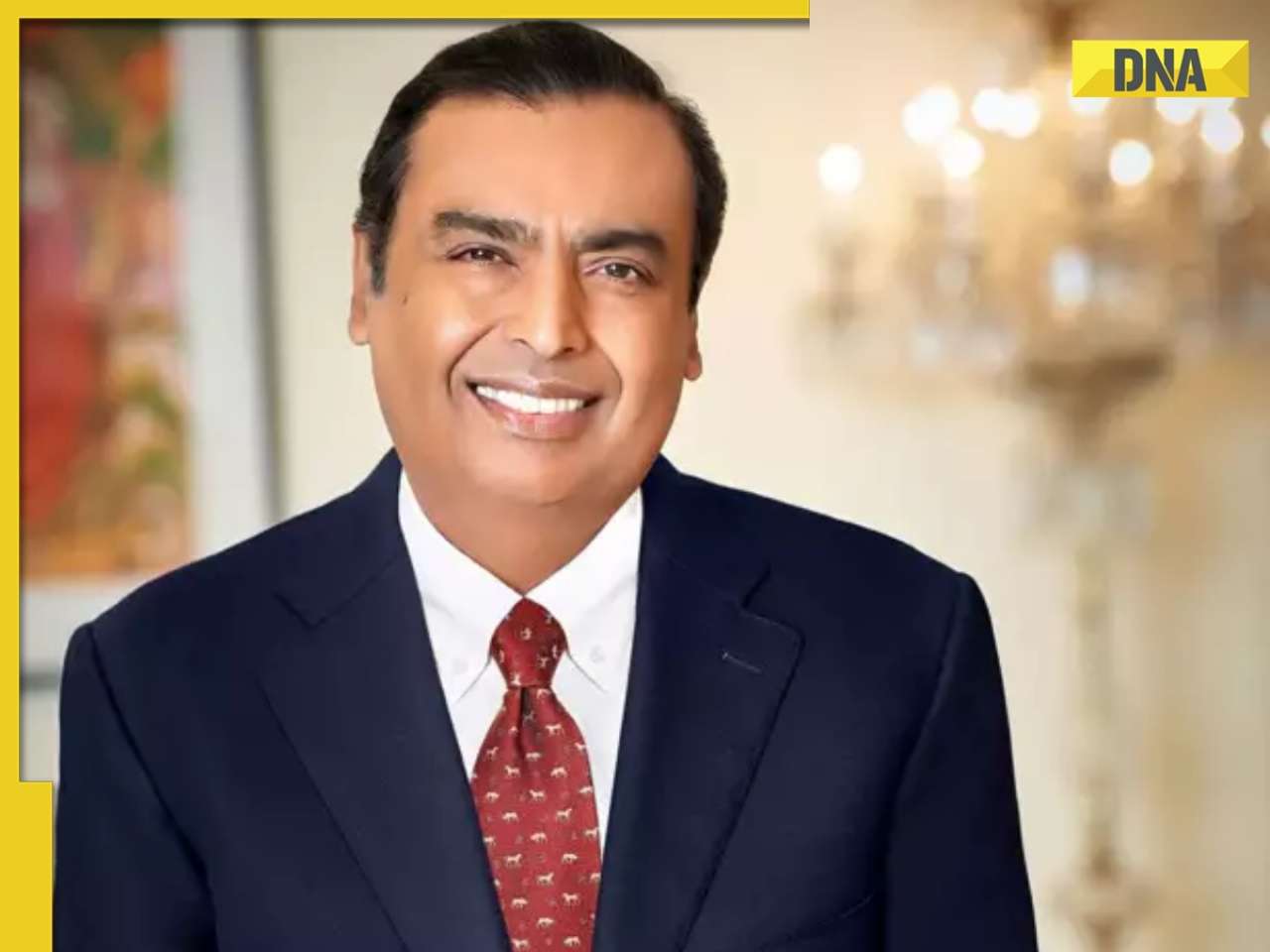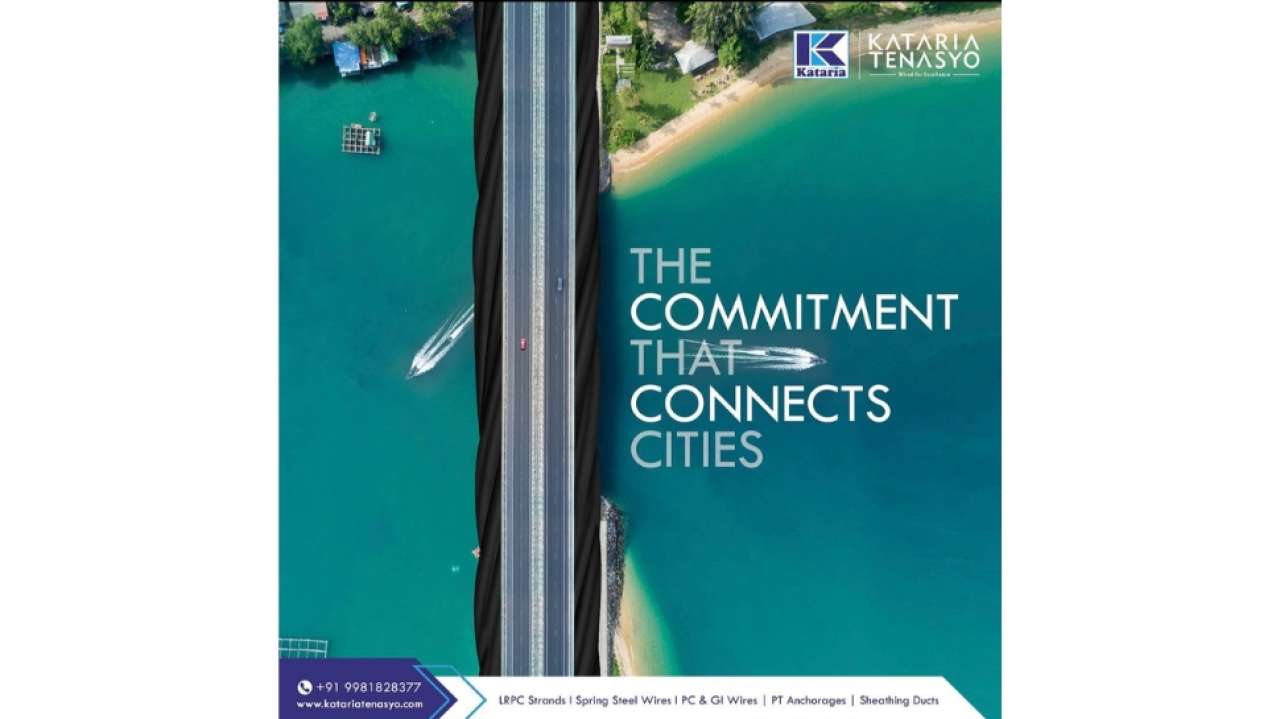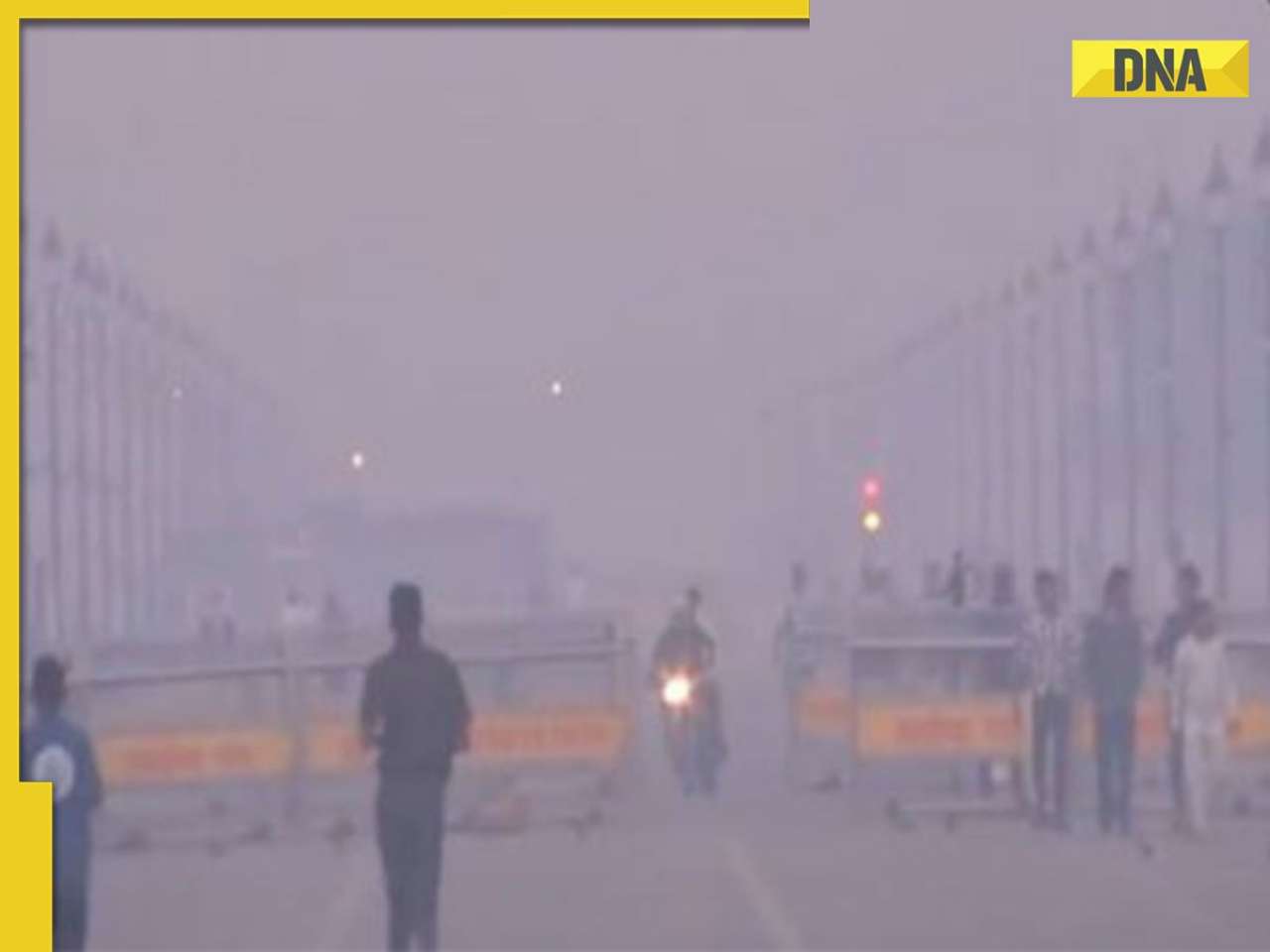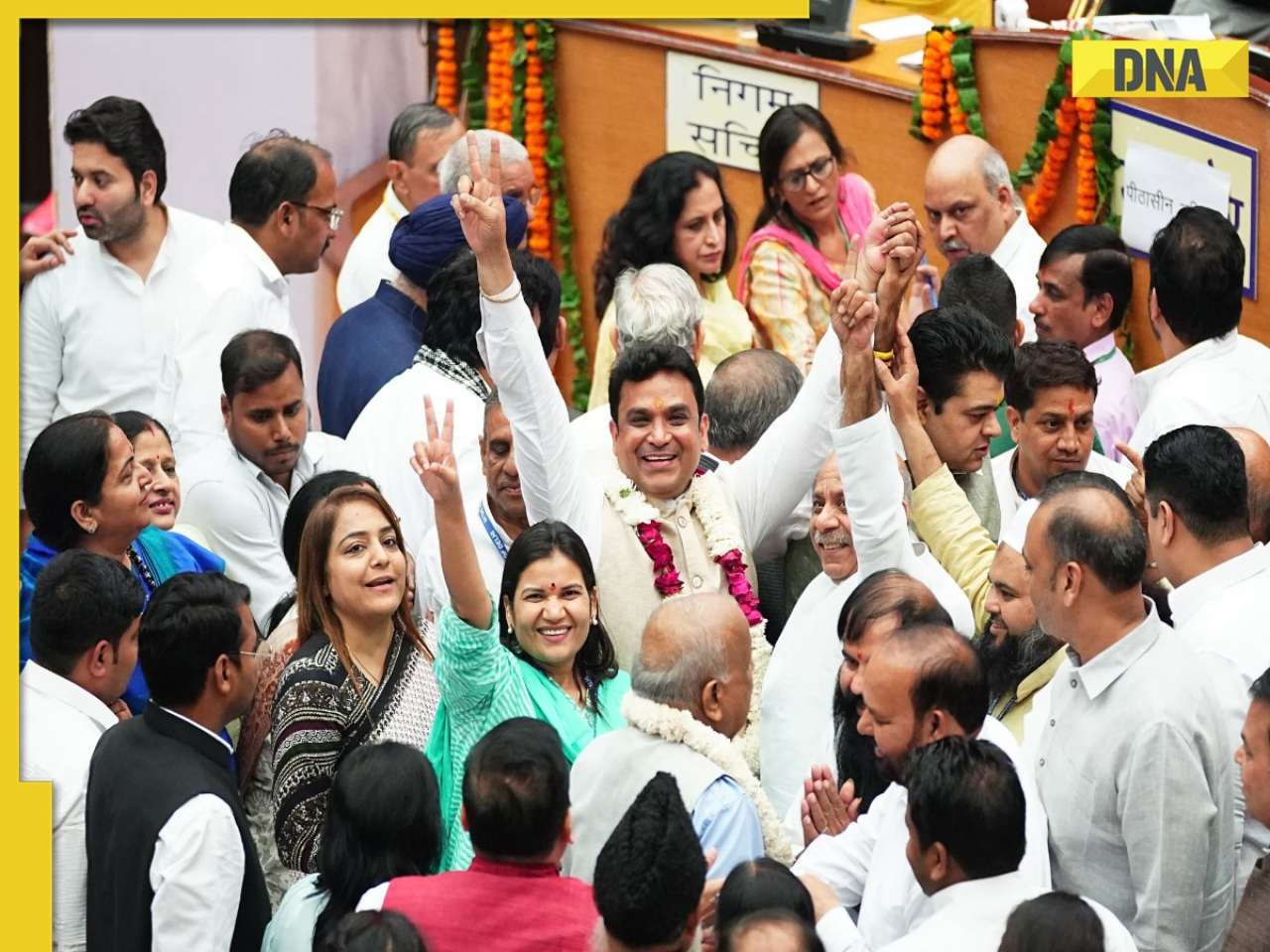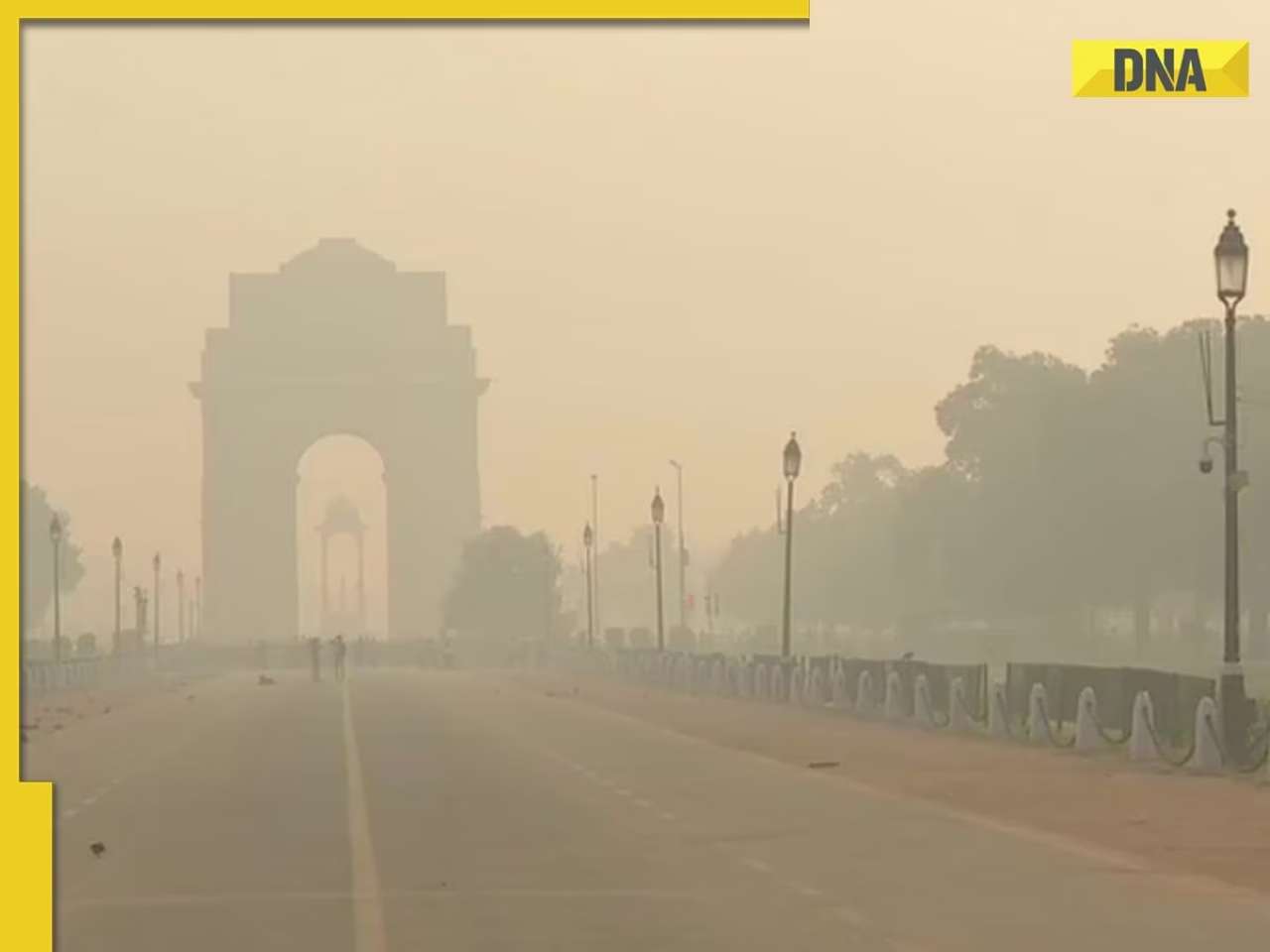- LATEST
- WEBSTORY
- TRENDING
WORLD
Oil Ignores War: Why Markets Are Calm Amid Middle East Chaos
In 2006, the energy market worried about the possibility of oil supply being affected. Even though most people didn’t believe it would happen, just the speculation alone caused oil prices to jump by 10%.
TRENDING NOW
In July 2006, when Israel launched an invasion of Lebanon, oil prices saw a significant increase, spiking by nearly 10% and reaching around $80 per barrel. This surge was largely driven by concerns over potential disruptions to oil supplies in the region, which is critical for global energy markets.
The situation on the ground is much worse. To understand the severity, consider the exploding walkie-talkies, the targeted killings of key Hezbollah and Hamas leaders, and the recent wave of Iranian ballistic missiles striking Tel Aviv just a few days ago. These events highlight how intense and dangerous the conflict has become.
In 2006, the energy market worried about the possibility of oil supply being affected. Even though most people didn’t believe it would happen, just the speculation alone caused oil prices to jump by 10%. This shows how sensitive the market can be to even the slightest concerns about supply.
Now, it’s clear that the oil supply is actually at risk.The situation escalated to the point that, just last week, US President Joe Biden openly criticized Israel.On October 4th, Biden said, "If I were in their position, I'd be considering other options instead of attacking oil fields." Surprisingly, the White House confirmed that a live discussion about Israel targeting oil fields had taken place, which is significant and raises concerns.
Whether justified or not, the oil market isn't responding to the risks in the Middle East as strongly as it used to.The "war premium" is now smaller and disappears more quickly.
The calm reaction is part of a larger trend in financial markets: overall, volatility has decreased.In other words, financial markets aren't seeing sharp ups and downs as frequently as before. Movements are now more stable and predictable.
In the past, the energy market frequently factored in "what-if" scenarios, often expecting the worst possible outcome for oil prices.In simpler terms, this means that markets would prepare for the worst, such as oil shortages or major disruptions, and adjust prices accordingly based on those concerns.
The mindset of trading desks was strongly shaped by the oil crisis of the 1970s and major supply disruptions in the 1980s (like the Iran-Iraq war) and the 1990s (invasion of Kuwait).To make it easier to understand, trading desks were heavily influenced by past events, such as oil shortages and conflicts that affected supply, which left a lasting impact on how they approached the market.
That collective memory is no longer present. If you step into a modern oil trading room, most people under the age of 35 (or possibly even 40) have never personally experienced a prolonged oil supply crisis from the Middle East.
If anything, the recent experience has been quite different: Over the past two decades, any disruptions have been minor and short-lasting. In fact, the latest supply interruptions were actually decisions made by oil-consuming countries, through sanctions on Iran, Venezuela, and Russia.
If the market were preparing for the worst-case scenario, it would resemble what could be called the "biggest oil supply shock ever." Here's how the situation would unfold :
Israel launches an attack on Iran's Kharg Island, the main terminal from which Iran exports 90% of its oil. In response, Iran strikes oilfields in Saudi Arabia, Kuwait, and the UAE, disrupting a significant portion of the world's oil supply. As tensions escalate, a full-scale regional war erupts, leading to the closure of the Strait of Hormuz, a key route for Middle Eastern oil shipments. This would severely impact global oil exports.That would cause a much bigger impact than just a 10% increase in prices.
Why are traders so calm ? The phrase “this time is different” is known to be one of the riskiest assumptions in the financial world. However, this situation does seem unique. There are five solid reasons why today’s geopolitical risks are affecting the market differently compared to the past.
1.The U.S. is now the biggest oil producer in the world, which means it no longer relies heavily on oil from the Middle East.In July 2006, the country produced a total of 6.8 million barrels of oil liquids per day.Today, the country produces over 20.1 million barrels of oil daily. Back in 2006, the U.S. was importing a record 12.5 million barrels of petroleum, but now it exports around 1.5 million barrels.America’s control over oil doesn’t stop problems in the Middle East from affecting the market, but it does change how the market responds.
2.The West has made it clear they are willing to do whatever is needed to prevent supply shortages. This means they are using their emergency oil reserves sooner and in larger amounts than they used to, to keep the oil supply steady.Western countries have eased oil sanctions on certain producing nations, even if it risks damaging their political reputation. They do this to ensure the oil supply remains steady and to keep prices from rising too much.In a way, it's similar to how central banks have stepped in to calm stock and bond markets in recent years. This approach in the oil market helps stabilize prices and reassure investors, just like central bank actions do in financial markets.Just like central banks have taken action to stabilize financial markets, oil policymakers from Washington to Tokyo are ready to use their strongest measures to deal with any oil supply disruptions. For example, they may release large amounts of oil from reserves to keep prices stable if there's a sudden shortage.
3.In the past 20 years, oil-producing countries have shown an impressive ability to bounce back from supply disruptions.Specifically, the 2019 attacks on Saudi oil facilities in Abqaiq and Khurais, which reduced the country's oil supply by about 50%, only caused a disruption for a few days instead of the months many had initially feared.Libya's oil industry stayed mostly intact after the 2011 uprising against Moammar Qaddafi, and Iraq's oil infrastructure also survived after the 2003 American invasion.These events have given traders a feeling of safety, which might not be true, but it affects how they think about potential disruptions and their impact.
4.The oil options market is more flexible, letting traders buy insurance at a good price (protection against big losses if prices move unexpectedly) instead of making risky guesses about price changes.In 2006, traders were buying about 10,000 call options (contracts that protect against price increases) per day for Brent crude. Now, the average is 150,000 lots per day (means they are buying 150,000 Contracts per day) , and recently, it has even peaked at 350,000 lots daily.The increased liquidity in the market provides better and more affordable ways for traders to protect against risk, without causing a big jump in prices.
5.The uncertainty of war is reduced because traders can now access commercial satellite photos at a reasonable price. These photos let them see what's happening almost in real-time, instead of having to guess.Satellites have made it easier to track tankers leaving ports. This means the oil market can rely more on actual information, even if it's not perfect, and less on rumors when making trades.
However, past success doesn’t promise the same results in the future. If a larger regional war breaks out in the Middle East, the oil market will face a major disruption, causing prices to be reevaluated by everyone.The five reasons mentioned help make the market stronger, but they don't remove all the risks. They might even make people too confident, which could cause problems at the worst time. Hopefully, smart choices will be made when needed.







)
)
)
)
)
)
)
)
)
)
)
)
)
)
)
)





